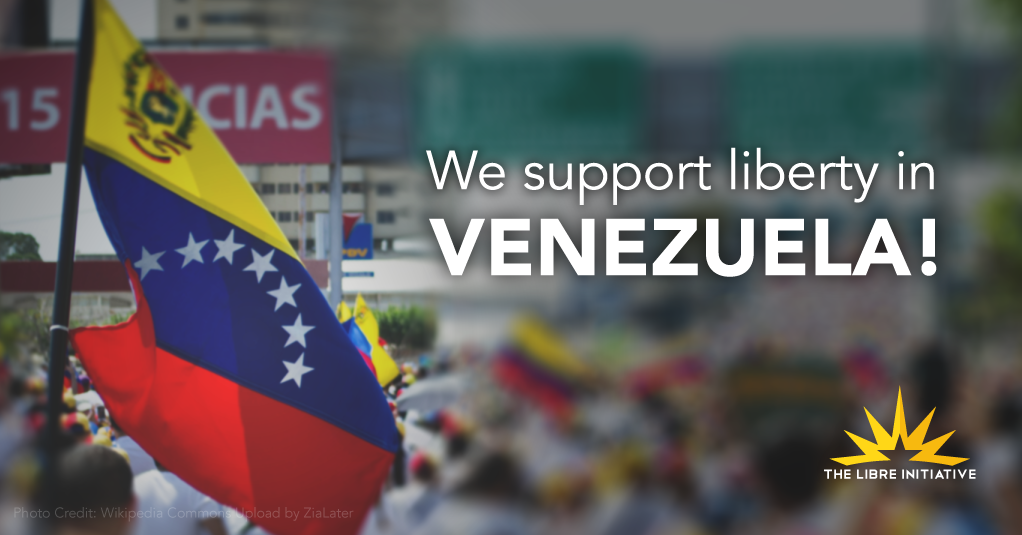Venezuela After 2018

How Venezuela Failed — and What it Can Do to Recover
In Nov. 2018, Venezuelan President Nicolas Maduro raised the country’s minimum wage a whopping 150 percent to 4,500 bolivars. Prior to that, he ratcheted the minimum wage up 60-fold in August.
What happened? Did Venezuela suddenly become extraordinarily wealthy again — after a lengthy period of economic dysfunction — carrying wages to an all-time high?
Not quite. Venezuela is compensating for runaway inflation, rivaling Mugabe’s Zimbabwe and Germany under the Weimar Republic.
By the end of 2018, Venezuela’s annual inflation rate reached 80,000 percent. Halfway through the year, prices in Venezuela were doubling roughly every two weeks.
The cause? Socialism.
In nationalizing a host of industries, Venezuela created a massive patronage system designed to garner and maintain support for President Hugo Chavez and his successor, Nicolas Maduro.
The problem? As it always does with socialism, the government eventually ran out of other people’s money.
Oil prices plummeted, leaving welfare programs and a large patronage system underfunded. Desperate to keep power, the government decided to print untold sums of money – to the detriment of the country.
Inflation, and later hyperinflation, rendered the Venezuelan bolivar all but worthless. The price of imports skyrocketed, leaving many goods and services out of reach for even wealthier citizens.
The end of the country’s historic hyperinflation is nowhere in sight — and the results have been catastrophic. By the end of last year, the National Assembly estimated that six Venezuelan children died of starvation every week.
The Mises Institute covers just how devastating the effects of socialism have been:
Some of the most important universities in Venezuela made a survey in 2017 (ENCOVI2017) and in that time 87% of Venezuelan households were poor; 9 of 10 Venezuelans could not pay for food; 8.2 million Venezuelans could barely afford 2 or less meals each day — meals with low nutrition and little protein; 6 out of 10 Venezuelans have lost at least 11Kg (24 pounds) of their body weight because of the lack of food.
Between 2014 and 2017, 1-in-10 Venezuelans emigrated from their homes in search of better prospects. With the country’s severe economic woes unlikely to abate any time soon, this mass exodus is likely to continue.
Venezuela must embrace free enterprise if it hopes to overcome this crisis. It will need to privatize the litany of industries it has placed under state control, end its corrupt patronage system and, quite likely, accept the U.S. dollar as its currency, rather than merely knock zeroes off the bolivar from time to time while printing it into irrelevance.
In the meantime, the government seems committed to continuing the policies that have brought it ruin, while jailing anyone who speaks against it. Now more than ever, it’s critical that we stand with the Venezuelan people. Sign this petition to show that you stand against the government’s starvation policies and with the promise of freedom for the Venezuelan people.

